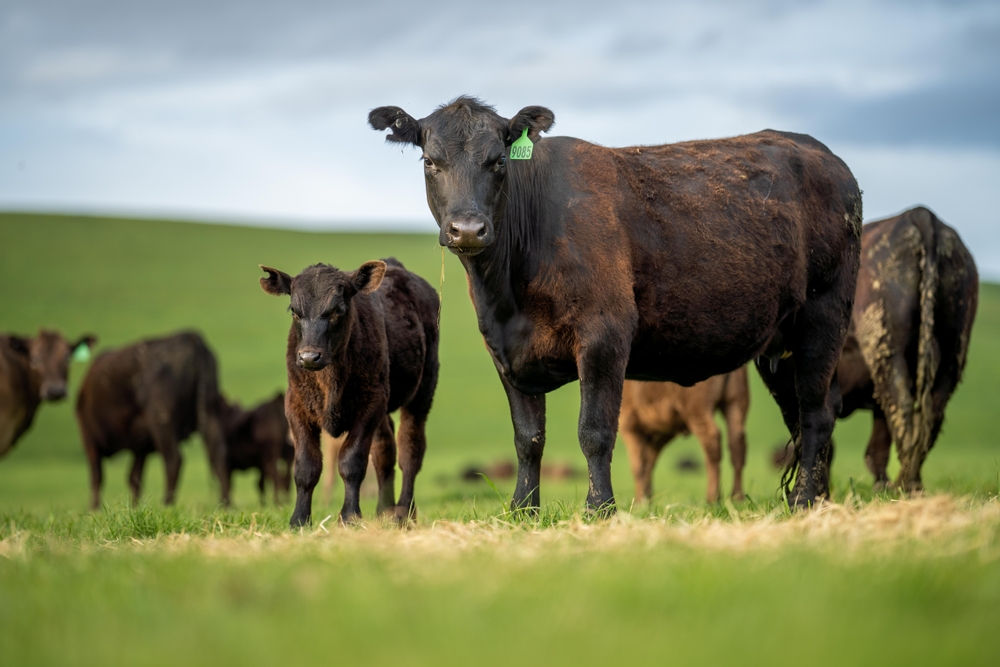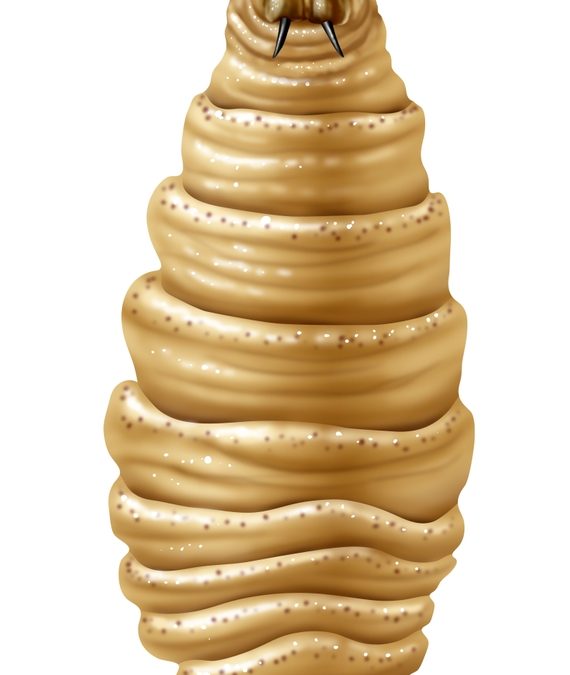Source: WSAV.com Schwarzman Animal Medical Center (AMC) has completed an 83,000-square-foot, $125 million expansion and renovation, marking the largest transformation in the hospital’s 115-year history and its first major upgrade in 60 years. The four-year project modernizes the world’s largest Veterinary teaching hospital and New York City’s only Level 1 Veterinary trauma center. Final construction phases […]
read more
Editor
Recent Posts
Florida Law Taking Effect January 1 Shakes Up Pet Insurance and Dog Owners Statewide
by Editor | Dec 22, 2025 | Animal Health Industry, Companion Animal

Source: MSN A new Florida law, HB 655, will take effect January 1, introducing the state’s first regulations for pet insurance and affecting all dog owners. The bill formally recognizes coverage for pet accidents, illnesses, and diseases under Florida property insurance law, requiring insurers to follow standardized definitions and consumer-protection disclosures. Pet insurance companies must now clearly […]
read morePurina Announces Donations to Five Leading Veterinary Schools to Foster Advancements in Veterinary Care
by Editor | Dec 21, 2025 | Animal Health Industry

Source: Purina Purina has announced new donations to five leading U.S. Veterinary schools to advance research, education, and innovation in pet health. Timed with International Day of Veterinary Medicine, the initiative supports programs at the University of Pennsylvania, Auburn University, the University of Florida, Colorado State University, and Cornell University. Each collaboration focuses on key areas of Veterinary […]
read moreSource: dvm 360 The U.S. Department of Agriculture has opened a sterile fly dispersal facility in Tampico, Mexico, to help combat the spread of New World screwworm (NWS), a dangerous parasite that feeds on living tissue and can kill livestock, pets, wildlife, and even humans. The facility supports aerial and ground release of sterile flies across northeastern Mexico, […]
read moreSupporting a National Shift in Pet Health: Embrace Surpasses $1 Billion in Claims Paid and Earns J.D. Power Certification
by Editor | Dec 20, 2025 | Animal Health Industry

Source: PR Newswire Embrace Pet Insurance has surpassed $1 billion in Veterinary claim reimbursements, highlighting the growing role pet insurance plays in helping families manage unexpected medical costs. In a U.S. market where only about 4% of pets are insured, the milestone underscores how frequently policyholders rely on coverage to make care decisions. The landmark claim […]
read moreTop Questions on New World Screwworm: What Every Veterinarian Should Know
by Editor | Dec 20, 2025 | Animal Health News
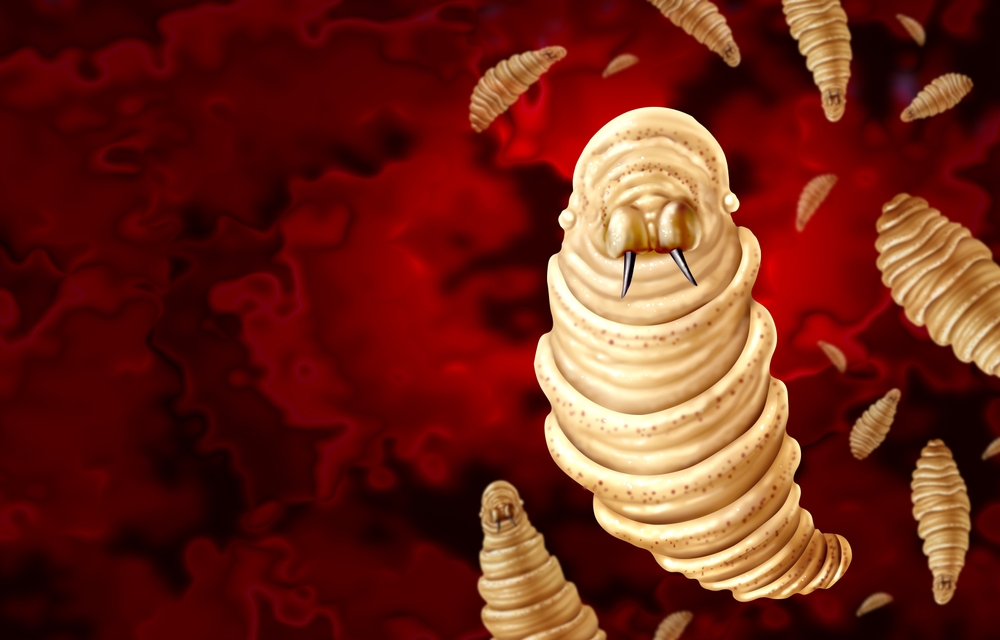
Source: dvm 360 New World screwworm (Cochliomyia hominivorax) has re-emerged as a serious Veterinary threat, with cases increasing in Mexico and detections reported within about 70 miles of the US border. The parasite causes aggressive primary myiasis, producing foul-smelling, rapidly expanding wounds containing larvae that feed on living tissue and may invade mucosal sites. Veterinarians are […]
read moreWhy Shailene Woodley Loves Being A Cat Mom And Prioritizes Pet Adoption
by Editor | Dec 19, 2025 | Companion Animal, News

Source: Forbes Actress Shailene Woodley is using her public platform to advocate for pet adoption, drawing from her deeply personal bond with her two rescue cats, Bear and Pharrah. Though often seen in high-profile roles and public appearances, Woodley reveals a quieter, more introspective side through her involvement with Mars’ Global Adoption Weekend, highlighting the urgent need to […]
read moreSource: American Kennel Club Exercising with your dog can improve both human and canine health while strengthening their bond. Walking is the simplest way to start, aligning with the American Heart Association’s recommendation of 150 minutes of moderate exercise weekly. The AKC FIT DOG program encourages owners to meet this goal and has shown benefits such as improved physical […]
read moreWhen Pets Need Care, Cost Shouldn’t Stand in the Way
by Editor | Dec 18, 2025 | Companion Animal, News
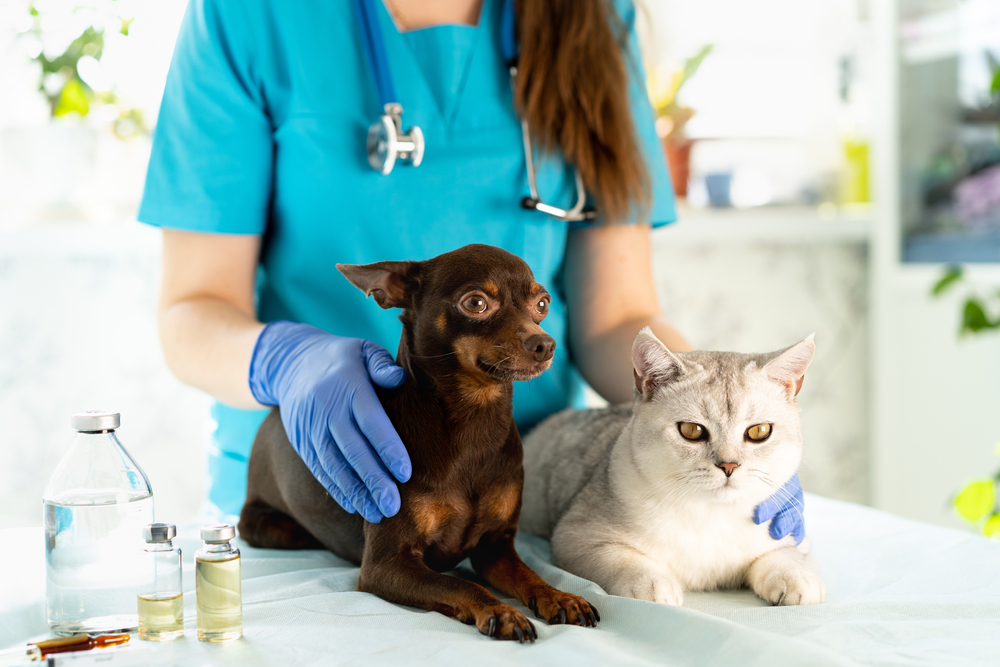
Source: Washingtonian Pets are widely regarded as family members, offering emotional and physical health benefits that enhance owners’ happiness and reduce stress and loneliness. Studies from HABRI, Zoetis, and Synchrony confirm that most pet owners prioritize their animals’ well-being and view them as integral to family life. However, pets can face serious health issues, and the cost […]
read moreSource: Rabobank Global beef production is forecast to decline by 0.8% in 2025, marking the first worldwide contraction in five years. New Zealand is expected to see the largest percentage decrease at 4.7%, while the United States will experience the largest volume drop, nearly 500,000 metric tons, or 4%. Production is also projected to fall […]
read moreBugs Beware: Next Gen Prepares to Combat Insect Threats to Animal Health
by Editor | Dec 17, 2025 | Animal Health News
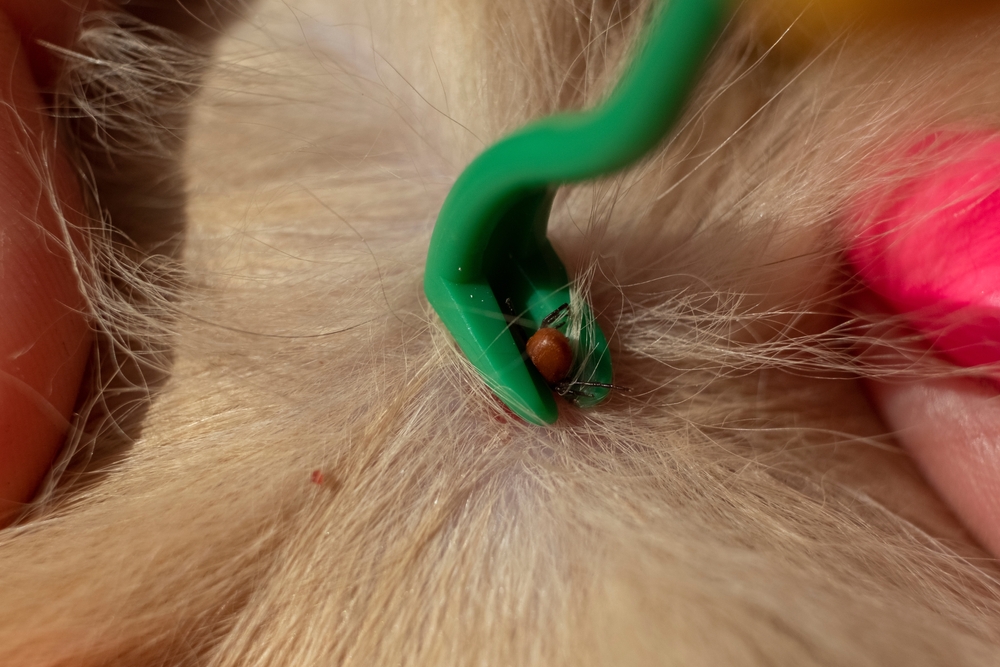
Source: Bovine Veterinarian The USDA has launched a centralized New World Screwworm (NWS) website to support its coordinated, government-wide strategy to prevent the parasitic fly from entering the United States. Although NWS has not reached U.S. territory, the potential impact is significant: an outbreak in Texas alone is estimated to cost cattle producers $732 million annually, with a total statewide […]
read moreSource: Michigan Farm News The USDA has launched a centralized New World Screwworm (NWS) website to support its coordinated, government-wide strategy to prevent the parasitic fly from entering the United States. Although NWS has not reached U.S. territory, the potential impact is significant: an outbreak in Texas alone is estimated to cost cattle producers $732 million annually, with a total […]
read moreGroundbreaking USask Research Identifies Cause of Pig Ear Necrosis
by Editor | Dec 16, 2025 | Livestock, News
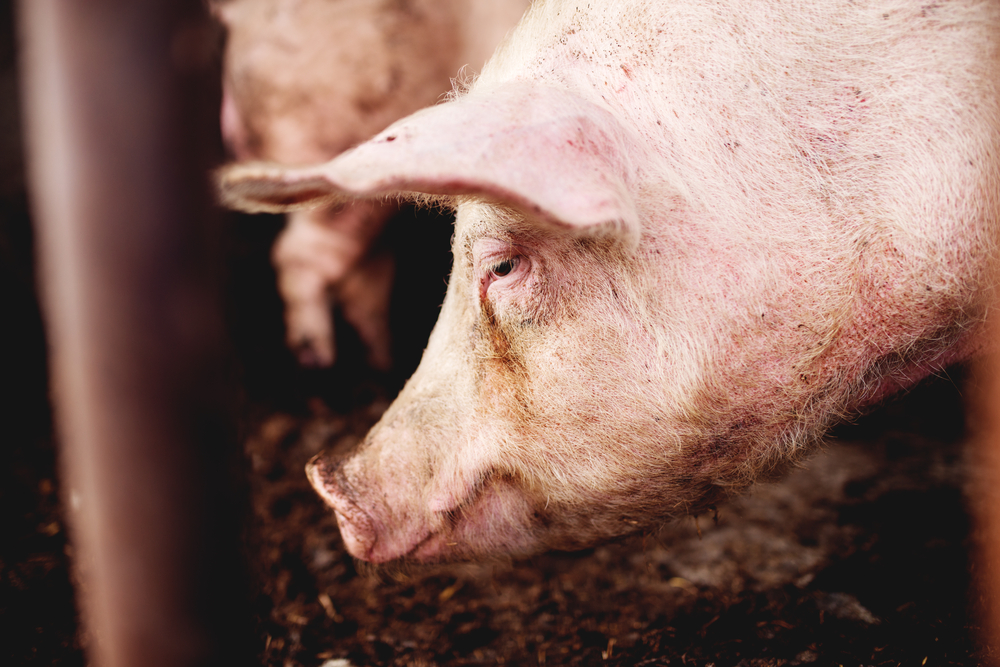
Source: University of Saskatchewan Researchers at the University of Saskatchewan have identified the long-elusive cause of pig ear necrosis, a painful condition that rots ear tissue and harms animal welfare and productivity. Dr. Matheus Costa and his team discovered that the culprit is Fusobacterium necrophorum, a common gut bacterium that becomes pathogenic when pigs transfer it through saliva while biting […]
read moreCity of San Antonio Animal Care Services Plans to Add Veterinary Hospital to Their Campus
by Editor | Dec 16, 2025 | Animal Health Industry, News

Source: KENS 5 San Antonio is moving forward with a major project to expand Veterinary services at Animal Care Services (ACS), with city leaders set to review a key update on Wednesday. The $15.3 million proposal, funded through the 2022 bond program, includes building a new ACS Veterinary hospital and renovating the current clinic. Officials say the expansion […]
read more300 Cases of Dog Food Recalled Due to Potential Plastic Contamination
by Editor | Dec 15, 2025 | Companion Animal, News

Source: Veterinary Practice News Fromm Family Foods has voluntarily recalled 300 cases of its Bonnihill Farms BeefiBowls Beef Recipe frozen dog food due to potential plastic contamination. The recalled product comes in 16-ounce chubs with a best-by date of December 25, 2026, and Lot Code B01. It was distributed to pet stores across 14 U.S. states, ranging from […]
read moreElanco Cuts Hundreds of Jobs Targeting Up to $250M in Savings By 2030
by Editor | Dec 15, 2025 | Animal Health Industry

Source: PR Newswire Elanco Animal Health has launched a major restructuring plan that will eliminate around 600 positions worldwide, including roughly 300 layoffs and 300 role or location shifts. The initiative, known as “Elanco Ascend,” is aimed at reducing operating costs and generating significant long-term savings beginning in 2026. As part of the restructuring, the company will close a […]
read morePet Supplies Plus and Wag N’ Wash Become Independent Entity to Prepare for Next Phase of Strategic Growth
by Editor | Dec 14, 2025 | Animal Health Industry, News

Source: PR Newswire Pet Supplies Plus and Wag N’ Wash have officially separated from the Franchise Group, Inc., becoming an independent corporate entity to enhance operational autonomy and accelerate brand growth. Although the Franchise Group previously had no involvement in day-to-day operations, the reorganization formalizes the brands’ independence, including establishing their own ownership and board. The transition, […]
read moreICVA Initiates Independent Audit of NAVLE Amid Growing Calls for Transparency and Equity
by Editor | Dec 14, 2025 | Animal Health Industry, News

Source: My Vet Candy The North American Veterinary Licensing Examination (NAVLE), a critical requirement for Veterinary licensure in the U.S. and Canada, is undergoing an independent third-party audit to ensure its fairness, rigor, and transparency. The International Council for Veterinary Assessment (ICVA), which administers the exam, announced the audit in response to growing calls for greater oversight, […]
read moreCanadian Veterinary Medical Association Calls for Urgent Action
by Editor | Dec 13, 2025 | Equine, News

Source: Horse Sport The Canadian Veterinary Medical Association (CVMA) is urging federal and provincial governments to take immediate action on three escalating crises affecting Animal Health and Veterinary professionals. Severe shortages of essential medications including antibiotics, sedatives, and vaccines are limiting veterinarians’ ability to treat animals and jeopardizing food safety by forcing producers to rely on less […]
read moreVeterinarians Warn: Never Use These 5 Cleaning Ingredients if You Have Pets
by Editor | Dec 13, 2025 | Companion Animal, News

Source: Martha Stewart Veterinarians warn that many common household cleaning products contain ingredients that can seriously harm pets through ingestion, skin contact, or inhalation. Bleach is highly corrosive and can burn a pet’s mouth, throat, and gastrointestinal tract, while fumes pose respiratory risks, especially for cats and birds. Ammonia, found in glass and floor cleaners, […]
read moreContributors
Archives
- February 2026
- January 2026
- December 2025
- November 2025
- October 2025
- September 2025
- August 2025
- July 2025
- June 2025
- May 2025
- April 2025
- March 2025
- February 2025
- January 2025
- December 2024
- November 2024
- October 2024
- September 2024
- August 2024
- July 2024
- June 2024
- May 2024
- April 2024
- March 2024
- February 2024
- January 2024
- December 2023
- November 2023
- October 2023
- September 2023
- August 2023




